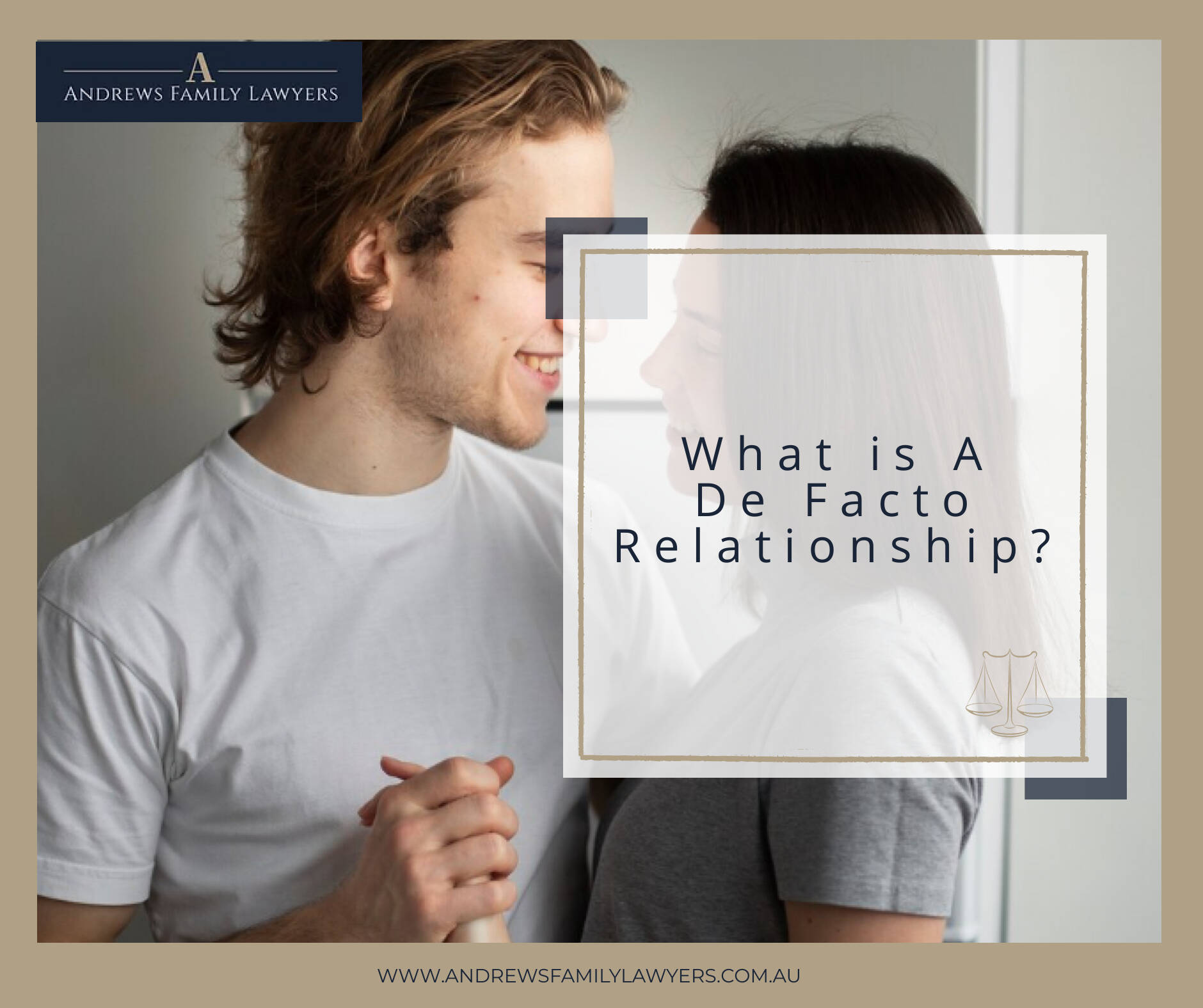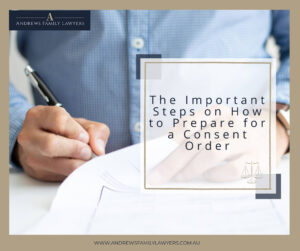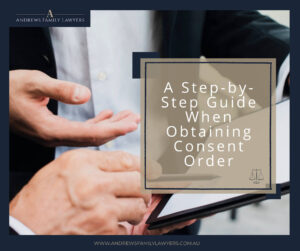Modern families come in all different shapes and sizes and vary from those just a generation ago when the majority of homes consisted of heterosexual marriage. As a result, the definition of spousal relationships according to Australian law has changed.
Today, couples in a de facto relationship have essentially the same rights as those in a marriage regarding financial and property settlement, dispute resolution, maintenance and parenting arrangements for children, provided a de facto relationship existed under the legal criteria.
What is De Facto Relationship?
A de facto relationship, whether heterosexual or same sex, is outlined in Australia by the Family Law Act 1975. It requires two people over 18 with a married relationship to live together on a genuine domestic basis.
The relationship is not defined as de facto if the couple is legally married or is in any way related to one another.
The law is in place to protect the increasing number of couples who cohabit without entering into marriage, sometimes for life.
How De Facto Relationships are Determined Legally?
There can be confusion around whether or not your relationship is classified as a genuine de facto because different government departments use the definition in varying ways.
Centrelink, for example, classifies a relationship as de facto as soon as a couple begins living together. Under migration law in Australia, however, a couple is classified de facto when they can prove to have lived together for at least 12 months.
When it comes to dealing with the Family Law Act following a relationship breakdown, there are a few criteria you can use to determine whether or not your relationship is classified as a de facto one. This will help you understand what your rights may be when it comes to financial and property settlement, maintenance, or rights to children.

The Court will evaluate the following criteria to classify a relationship as de facto. However, it is essential to remember that not all of these criteria must be satisfied to classify a relationship status as de facto.
- The couple had a genuine romantic relationship, living together for at least two years.
- There are children of the de facto relationship
- The degree of financial aspects dependence between the parties
- The degree of mutual commitment towards a shared life
- Ownership, use and acquisition of property between the parties
It is also essential to understand that a de facto relationship may exist, even if one of the parties is legally married to another person or in a de facto relationship with another person.
Find Out: What Is a Binding Financial Agreement?
De Facto Vs Marriage (What is the Difference Between Them?)
Marriage is defined under Australian law by the Marriage Act 1961 and the Marriage Amendment Act 2017. It is defined as the union of two people, to the exclusion of all others, voluntarily entered into for life.
A de facto relationship, while not binding for life according to the law, often carries a similar weight regarding relationship breakdown, division of assets, and care of children.
While a married couple can prove their relationship by simply producing their marriage certificate, a de facto couple is often required to verify the genuine nature of their relationship, which can make this process more complicated.
When entering into a de facto relationship, it is essential to consider the legal and financial implications of this. You’ve likely heard of a “prenup” before. However, you might not know that they are also available under Australian law to de facto couples, not just couples entering into marriage.

De Facto Separation
In the event of a de facto relationship breakdown, it’s essential first to know that there is a time limit on claiming a de facto relationship under Australian law. You have two years from when the relationship ends to initiate court proceedings.
If you wish to claim after these two years, you must first seek permission from the Court. If this is the case, contact us to seek independent legal advice from an experienced lawyer to help guide you through this process.
Suppose your relationship ended after March 2009 and meets at least one of the above criteria to classify it as de facto. In that case, you can file a claim in the Family Court or Federal Circuit Court to begin the process of asset division, childcare arrangements, and financial dispute resolution.
The Court deals with de facto couple claims in the same way it would with married couple claims, so to apply, you must complete the same forms a married couple would begin the process.
De Facto Property Settlement
Much like when a married couple separates, if your de facto relationship ends, you can make a claim to divide financial assets and property between you and your former de facto partner.
As with married couples, you are not automatically entitled to a 50/50 split of assets. We will assess several criteria with you to determine what you may be entitled to, how long the process may take and the costs involved. We will consider the following:
- What assets do the two parties have, either together or individually, including property, shares, bank accounts, partnership in a business, extended service leave;
- The liabilities the parties have, including credit card debt, mortgages, tax implications, personal loans;
- What contributions does each partner make to the relationship, including financial and non-financial, such as being the primary caregiver of children in the relationship and
- The future needs of each party, including caregiving of children and financial markets.

Conclusion
Couples who live together without getting married are in a de facto relationship. They have similar legal rights to married couples, especially regarding property, parenting, and financial support.
However, to be considered de facto under Australian law, they must meet certain criteria. It’s important for couples to know their legal rights and consider formalising their relationship with a Binding Financial Agreement.
If you’re in a de facto relationship or considering one, it’s best to seek advice from family law experts to ensure your relationship is recognised by law and your rights are protected.
If you need assistance with family law matters, Andrews Family Lawyers can help.




